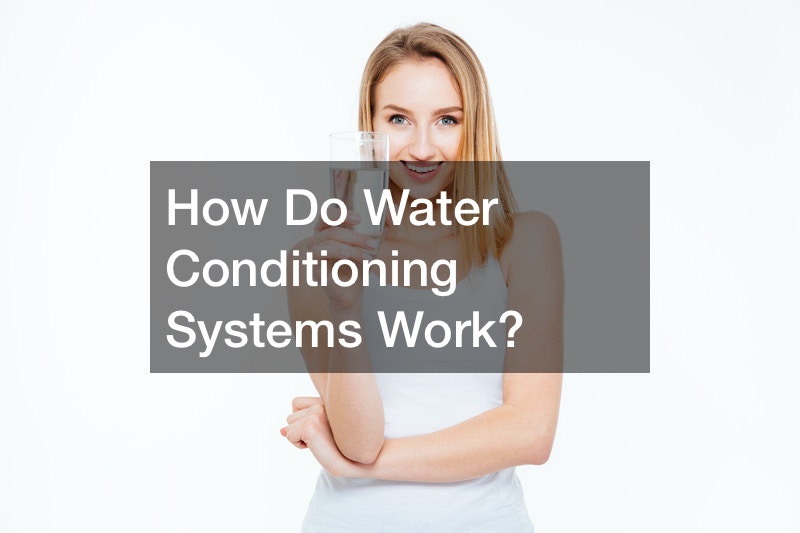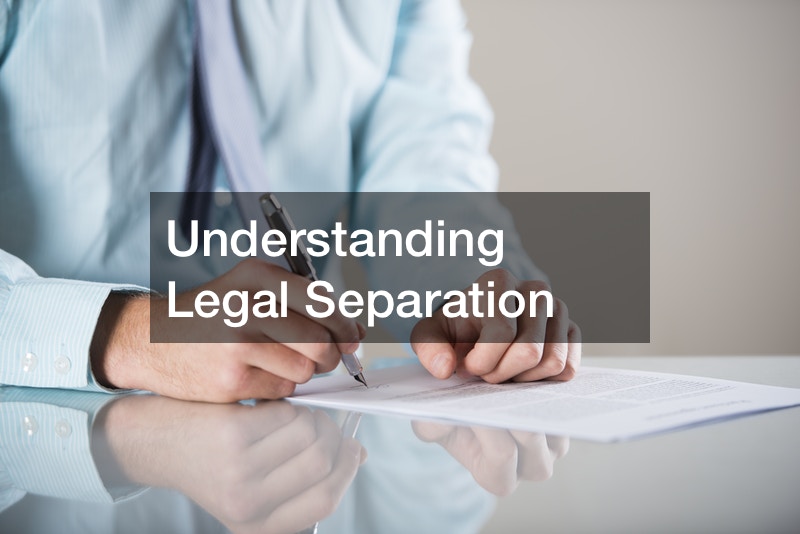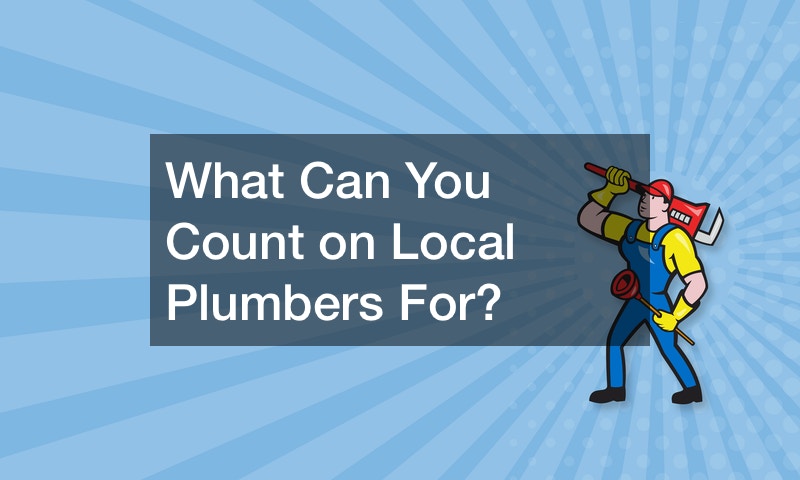
A technique for removing or changing minerals, chemicals, and pollutants from a water source is called water conditioning thru water conditioning systems. Water conditioning reduces water hardness to stop limescale accumulation. Though theoretically referring to any procedure that modifies the properties of water, the term “water conditioning” is often frequently used to refer to water softening. To enhance the flavor and potability of drinking water, water conditioning may also refer to as water filtration or purification.
The majority of water is prepared for human consumption, but other uses, such as industrial ones, can also make use of water purification. Scale accumulation in hot water heaters and pipelines is a result of hard water. This scale serves as an insulator, reducing heat transfer, wasting fuel, and frequently leading to heating element failure. These difficulties with hard water are lessened by water conditioning.
The choice between water conditioning systems and a water softening system depends on the quality of the water because water conditioning cannot completely remove the hard minerals from the water and cannot offer all of the advantages of soft water. When choosing a conditioning technique, one should take into account issues with mineral accumulation and chemical pollutants in water. Know more about this by watching this video.
.




